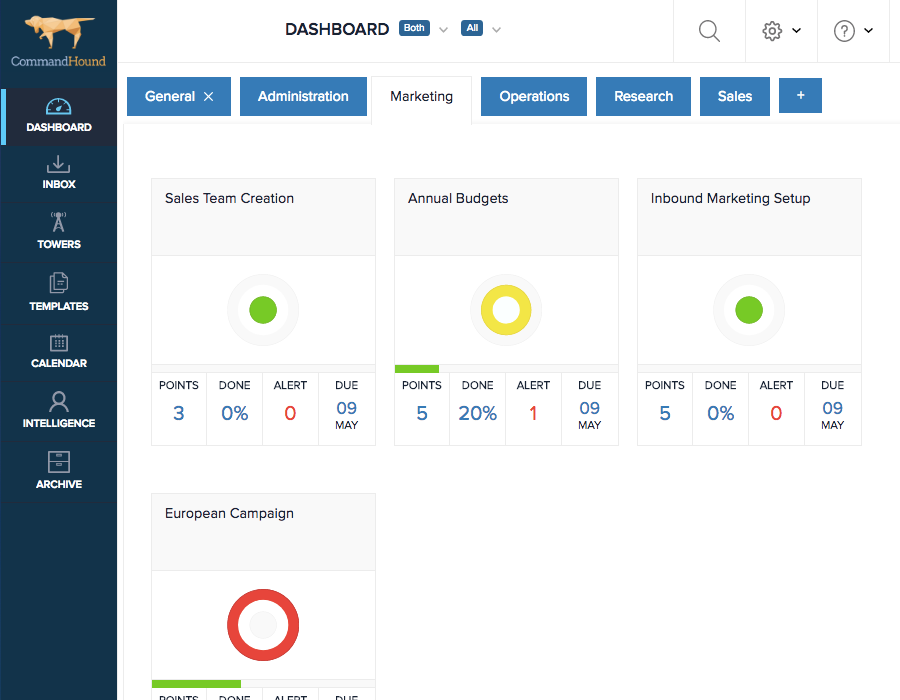Accountability Is Key to Security, Quality, and Compliance
Why do some of your employees get all tasks done on time and as expected, but others can’t seem to have the same success rate, even when those tasks are critical and are designed to avoid, transfer, or reduce risks to the business?
Is it their motivation? Their DNA? Is it compensation? Is it culture?
 Businesses need committed and passionate people to properly manage risk
Businesses need committed and passionate people to properly manage risk
The Compensation Theory
According to Kris Duggan, CEO of Palo Alto-based software company BetterWorks, and from an interview with Monster, “A bonus or raise may give someone extra engagement for a couple days, but it’s not going to carry through the rest of the year or change their motivation.”
The Management Theories
So if compensation is not really the answer, what about all of the different management and organizational behavior theories and frameworks such as:
- Organization design – flatter, smaller spans of control, etc.
- Individual and team KPIs tied to the business’ strategy
- Balanced scorecards
- Individual and group performance reviews
- Empowerment structures and cultures
All of these framworks and processes do what they do well but they have seen mixed results when it comes to driving a culture of accountability.
The Accountability Theory
Accountability is the missing link. When an employee is directly held accountable for a given task, their success can be simply measured as:
Completed on time ![]()
Did not complete on time ![]()
Nothing else really matters. By keeping track of employee successes, performance can be analyzed simply and quantitatively.
Knowing that things are being measured, and that rewards, promotions, recognition, and consequences are derived from these measurements, will drive people to perform.
Compliance, quality, risk mitigation, all dramatically improve.
Learn more by downloading our Ultimate Guide to Accountability in the Workplace here:

Accountability and Compliance
Imagine the impact that a well motivated and accountable team can have in making sure things get done, on time, as expected, and without things falling through the cracks in the following areas:
- Sarbanes-Oxley
- SEC reporting requirements
- ISO – 27001, 27003, 27010, 27013, 27552
- ISO – 34001.4, 45001
- ISO – 9000, 9001
- HIPAA (Health Insurance Portability and Accountability Act of 1996)
- COBIT framework requirements
- GAAP
- General audit and compliance requirements
The Helper
CommandHound is a tool which has been designed from the ground up to drive accountability to make sure things get done. CommandHound ensures that each stakeholder is accountable for their specific processes and tasks by keeping individual scorecards of on time completion. These scorecards can in turn be used at performance review time.

CommandHound’s Dashboard highlights implementation areas needing attention
Don’t let a people problem derail your most risky projects. With a heightened sense of accountability, you can have peace of mind that things are getting done.
